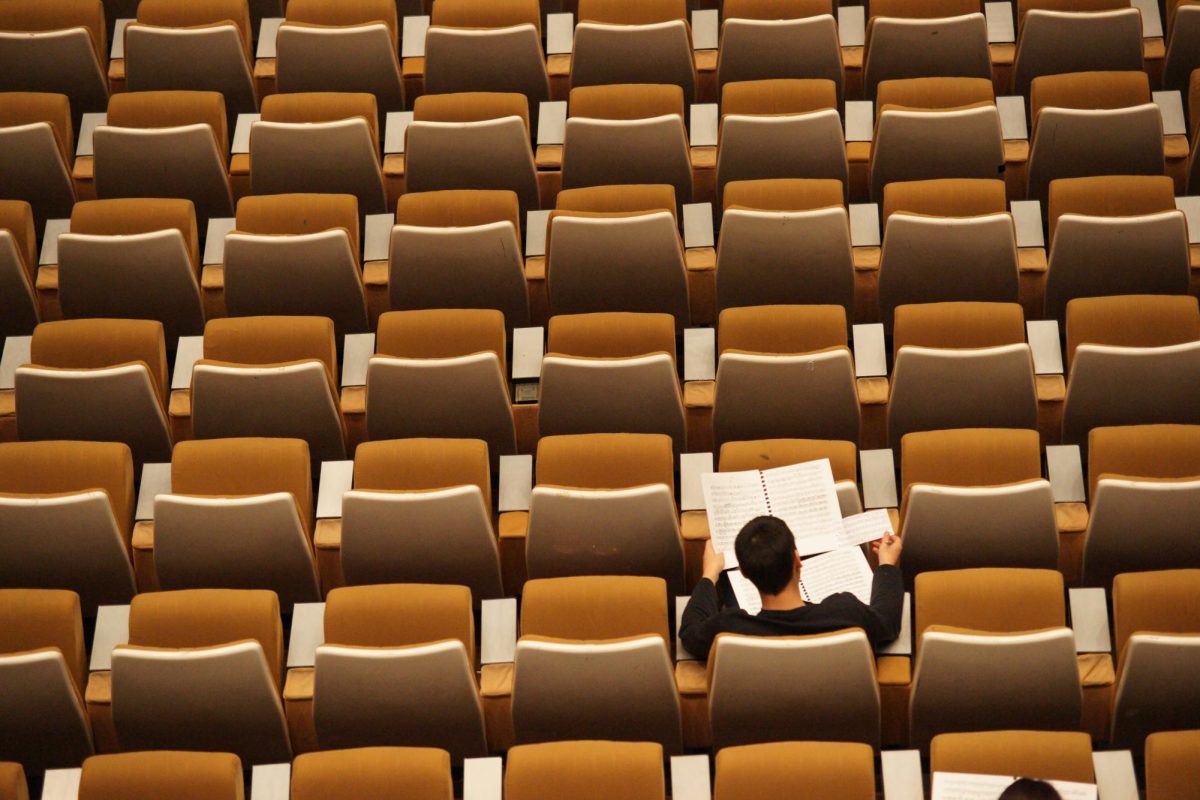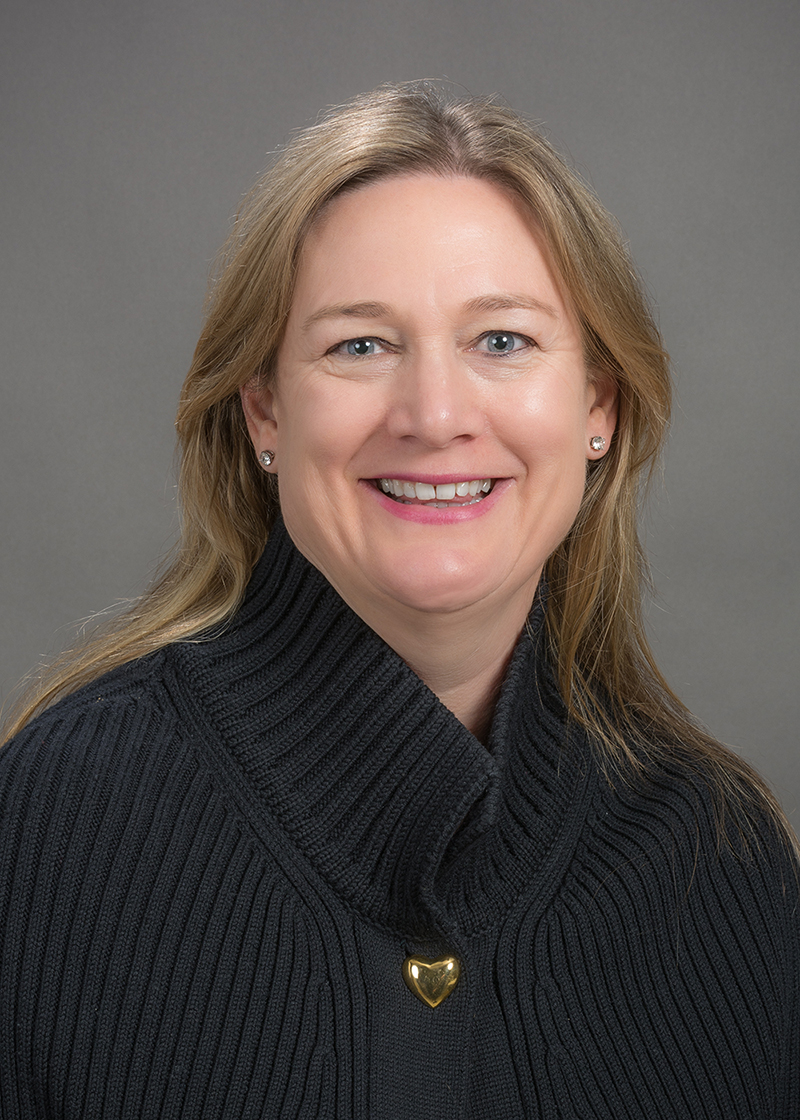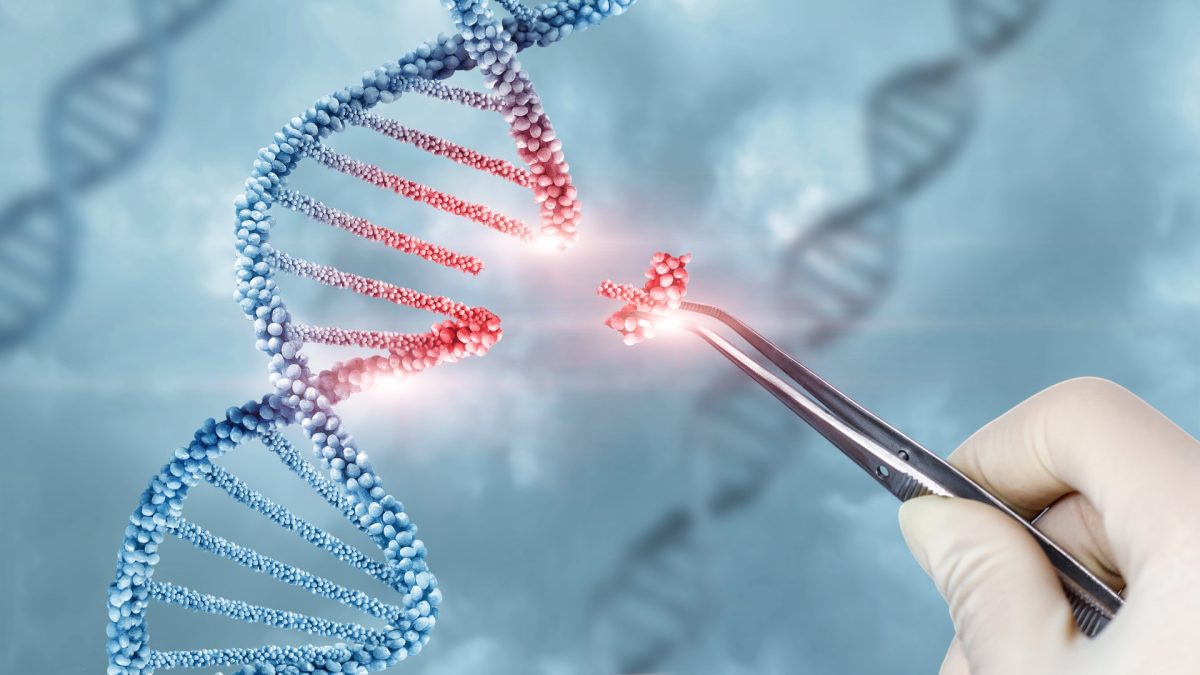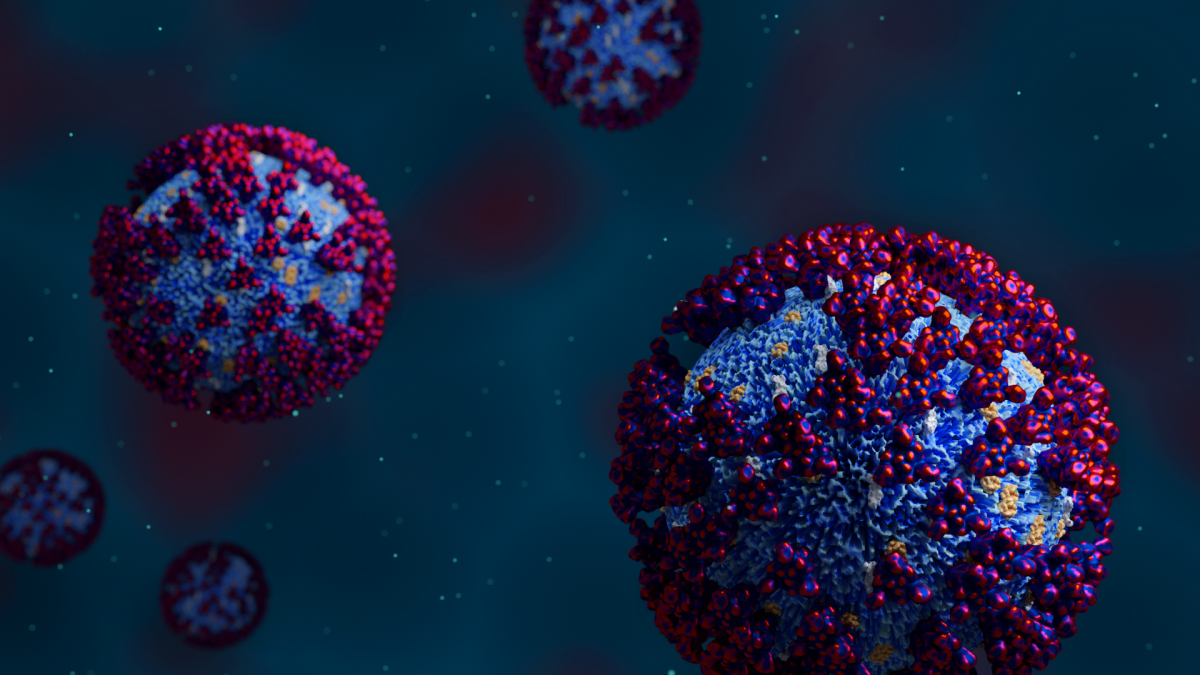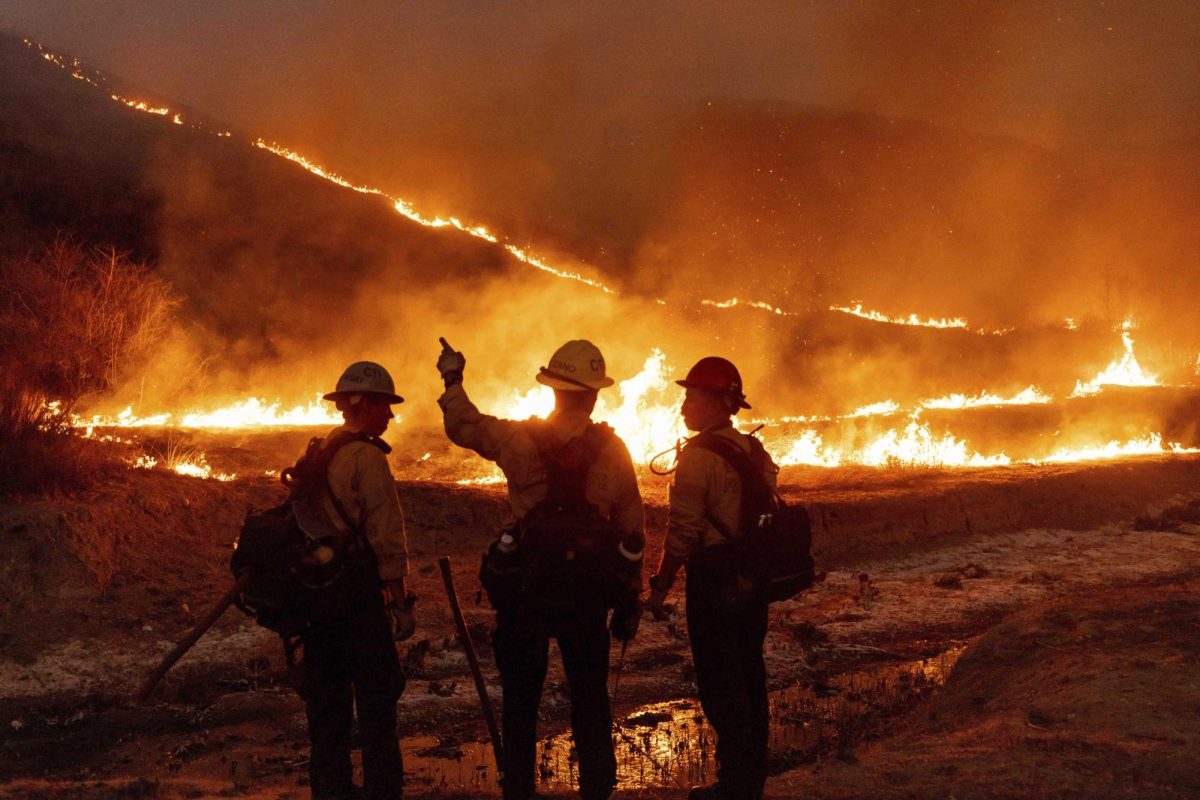As Week 6 of the quarter begins, many freshmen are probably coming to a reckoning: the “college experience” is wildly underwhelming. Allured with the promise of constant fun and nights out, their lives have likely devolved into homework and midterms. This is the unfortunate yet underemphasized reality about college, which almost every student learns the hard way. Despite this fact, society embellishes and glorifies the social experience of college, leading to unachievable expectations and inevitable disappointment. This causes unjustified social pressures and intensifies an already difficult transition for freshmen, exacerbating ever-increasing mental health issues.
The issue starts with students themselves, who put forth false personas on social media and propagate romanticized views of college. For instance, post-pandemic life gave birth to the “day in the life” trend, where student YouTubers from various universities started vlogging their lives. Many of these videos have hundreds of thousands of views, which speaks to their reach and impact among prospective and incoming undergraduates. The University of Virginia even states that these videos have impacted their admissions process. The problem is the enormous selection bias inherent within these videos.
A quick scroll through TikTok or Instagram demonstrates that the majority of students choose to produce content on particularly captivating and “content-filled” days that may contain more social events or activities. These misrepresentative videos tend to be far more interesting to viewers than a truly “average day in the life,” accruing more views and shares — the primary goal of those who create these posts. However, this positive feedback loop ensures that the videos furthest from reality are the only ones people see. When every video someone watches deliberately contains these outlier social events, it produces a deceiving sense of normality. When freshmen eventually do not encounter these false expectations, there is a natural but unfounded feeling of abnormality. By artificially chasing viewership, many of these social media posts are doing a disservice to impressionable students who morph their expectations around the content they are consuming.
Another major source of blame is the media, which greatly exaggerates the college “party culture.” For example, countless movies about college life, like the 2014 film series “Neighbors,” depict it as nothing but a constant chase of dopamine and adrenaline with endless weekend parties and limited academic burdens. Unfortunately, the data does not support this notion. A survey of UCLA students found that 41% of freshmen did not attend college parties. Considering that UCSD does not have frat houses on campus, unlike UCLA, that percentage is likely to be even higher at this university. As such, the gap between expectations and reality is considerable among UCSD freshmen. The issue is that the media portrays non-partiers as the heavy minority, even though it is only about a 3:2 split. This places a lot of unfair social pressure on these individuals, who are being made to seem isolated, even though that is far from the truth.
These arising misconceptions have serious consequences. According to the British Journal of Medicine, one in three college students develop severe anxiety and depression throughout their first year. Although there are certainly many factors that contribute to this, such as homesickness or academic stress, 19% of freshmen found the social aspects of college to be more challenging than they expected. As a result, stress and concern could be greatly reduced if students were able to both anticipate this struggle and recognize that others are also struggling, even if the objective level of sociability was the same. Unfortunately, there is no way to know if this would be true, because incoming students have been imprinted with a false sense of glamor.
However, this outlook on social misconceptions is admittedly skewed, since it comes from UCSD, where students often prioritize academics over sociability. There are many “party schools” that do not necessarily pride themselves on academics, and whose party life might not be so dissimilar from the general perception. Although these schools may not present the same issues regarding false expectations, they do feed into the unfair social pressure to party and conform to the predisposed umbrella expectations they have set. For example, a study from the Journal of American College Health found that many female students drink solely to fit in with their male counterparts. Unfortunately, this behavior has similar mental health consequences; 24% of first-year students who consumed alcohol were found to be mildly to severely depressed.
Although UCSD does have a comparative lack of party or Greek life, reducing social opportunities for freshmen, it actually works to combat the adverse effects on mental health. This unconventional college atmosphere can alleviate the aforementioned social burdens of conforming to an unhealthy environment, thereby contributing positively to students’ mental well-being. The “UC Socially Dead” stereotype is not fully unwarranted, but there are certainly more important factors to blame. For instance, UCSD’s unique college system somewhat restricts students into one of eight subcommunities and limits opportunities to meet new people. Overall, even though the social atmosphere specific to UCSD may not be what students expect, that is not necessarily a bad thing.
To navigate the college experience successfully, it is crucial for freshmen to temper their initial social expectations, especially at UCSD. Often their understanding of college is vastly skewed, which can lead to unrealistic hopes and inevitable disappointment. By managing these expectations, students can avoid a year filled with frustration and potential mental health issues.
Even more important is the collective responsibility of society, social media, and media in general to present a more accurate portrayal of the college experience. This would not only assist students in making informed decisions but also help prevent the perpetuation of mental health issues by allowing for realistic and attainable aspirations.


